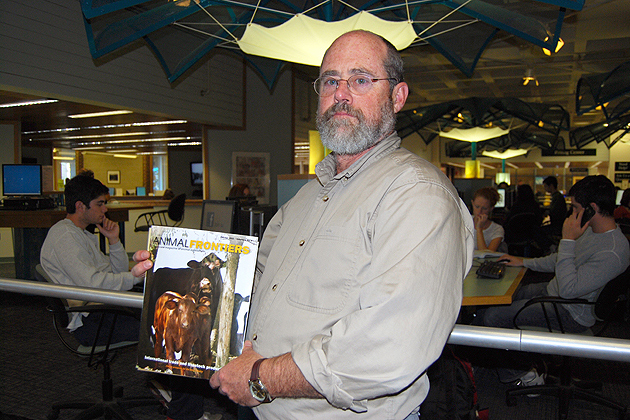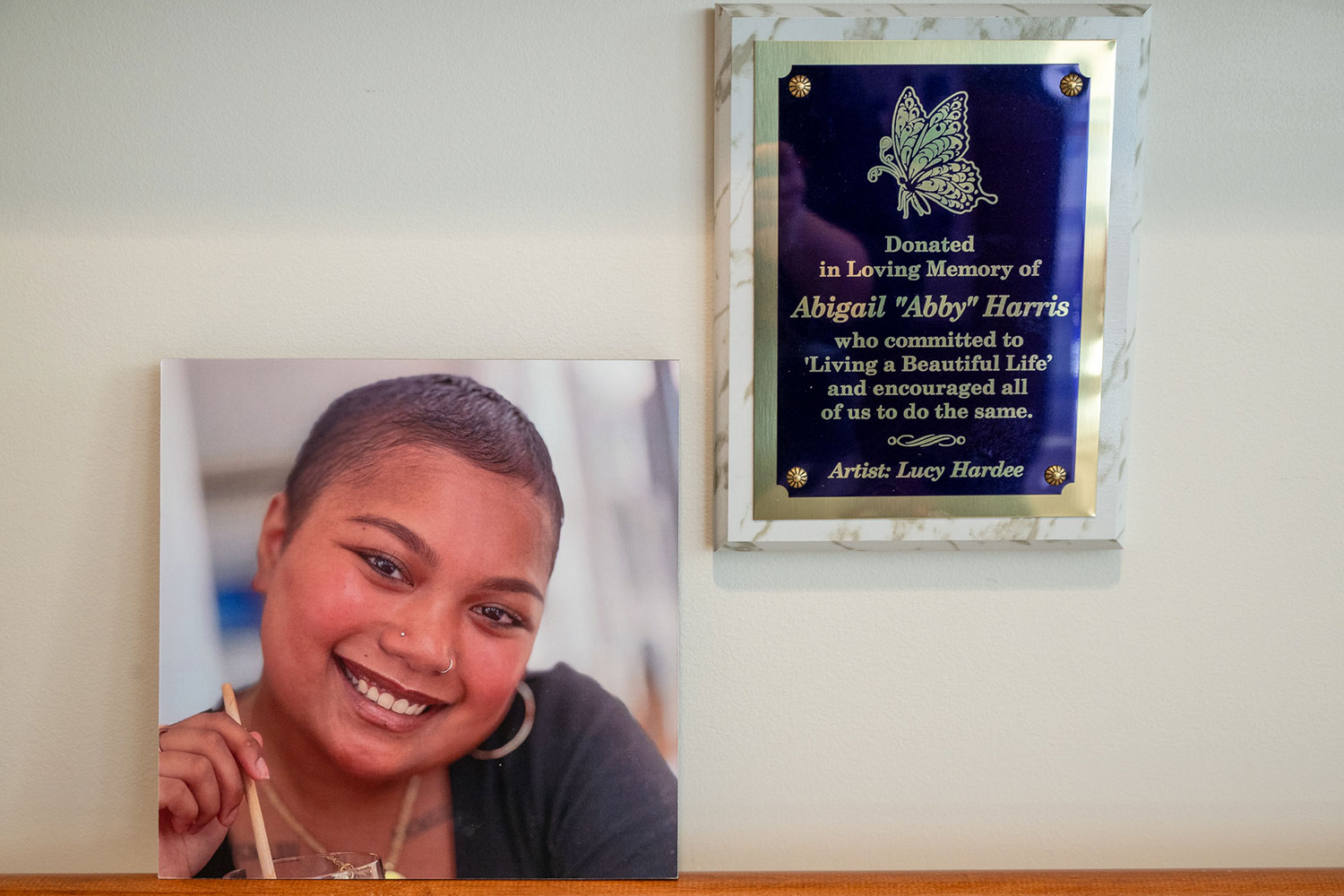
UConn is marking the celebration of Open Access Week (Oct. 24-30) with the launch of a new fund through the University Libraries that will support UConn authors publishing in open access journals.
Open access makes scholarly articles freely available to anyone, anywhere, via the Internet. Open Access Week is a global event that seeks to inform the international academic community of the benefits of open access.
“The UConn Libraries has long been an advocate of open access, starting with the development of our institutional repository DigitalCommons@UConn in 2005, which archives and makes accessible the University’s scholarly output,” says Brinley Franklin, vice provost for university libraries.
“Open access (OA) journals are another viable alternative venue for scholarly articles,” adds Franklin. “They offer the same services as traditional journals – peer review, production, and distribution – but are freely available to anyone, anywhere.” A number of UConn faculty are also actively involved in open access publishing initiatives.
To support free, immediate, online access to scholarly research, UConn Libraries, together with the UConn Health Center Library and the Vice President for Research, have started a fund that will provide support for the publication of scholarly articles in peer-reviewed, fully open access journals.
Beginning this week, the $35,000 UConn Open Access Author’s Fund will provide up to $1,250 for each scholarly article written by any UConn faculty member, post-doctoral researcher, staff member, or graduate student, once they exhaust other funding avenues.
The fund requires that the applicant’s published article be placed in DigitalCommons@UConn, that the article indicate the applicant’s UConn affiliation, and that the applicant be the corresponding author. Specifics about the fund may also be found at: http://uchc.libguides.com/OA_AuthorFund, or by emailing Carolyn Mills, sciences team leader.
In existence for six years, DigitalCommons@UConn currently holds 7,961 papers, which have been downloaded a total of 309,588 times over the past year. Since the program was launched, there have been 800,885 full-text downloads.
Information about open access will be available on the Plaza Level of Homer Babbidge Library during the week. The information is also available on the web.
Signatory to the Berlin Declaration on Open Access
In addition to the new fund, UConn is one of about 300 research institutions, libraries, archives, museums, funding agencies, and governments from around the world that have signed the Berlin Declaration on Open Access to Knowledge in the Sciences and Humanities.
Issued in 2003, the Declaration is considered one of the milestones of the open access movement. It outlines concrete steps to promote the Internet as a vehicle for disseminating global knowledge, encouraging researchers, and making cultural heritage materials openly available.
To date, the Berlin Declaration has garnered signatures from the leaders of organizations ranging from the Max Plank Society to the Chinese Academy of Sciences, to Academia Europaea. Most recently, both Harvard University and the International Federation of Library Associations added their names to the roster. This year’s Berlin 9 Open Access Conference will take place on Nov. 9-10, in Chevy Chase, Md., the first time it has been held in the U.S. The topic has garnered such widespread interest that there is a waiting list to attend the conference.
Open access panel
Two UConn faculty members will also participate in a moderated panel on Open Access & Scholarly Societies on Nov. 18, sponsored by the Association of College & Research Libraries, New England Chapter’s Scholarly Communication Special Interest Group. Steve Zinn, professor of animal science, and Kent Holsinger, professor of ecology & evolutionary biology, will join other faculty and society speakers to address the opportunities and challenges that open access presents for scholarly societies.
Panelists will address how scholarly societies in a range of fields are responding to the emergence of open access publication models, including successful strategies for change, issues and concerns, and potential business models, and what this means for faculty as both authors and publishers.
The panel will take place at the Hoagland-Pincus Conference Center (UMass Medical) in Shrewsbury, Mass., on Nov. 18, from 9:30 a.m. to 2:30 p.m. Registration costs $15.



